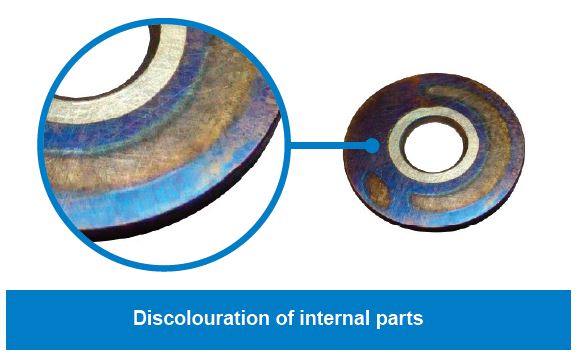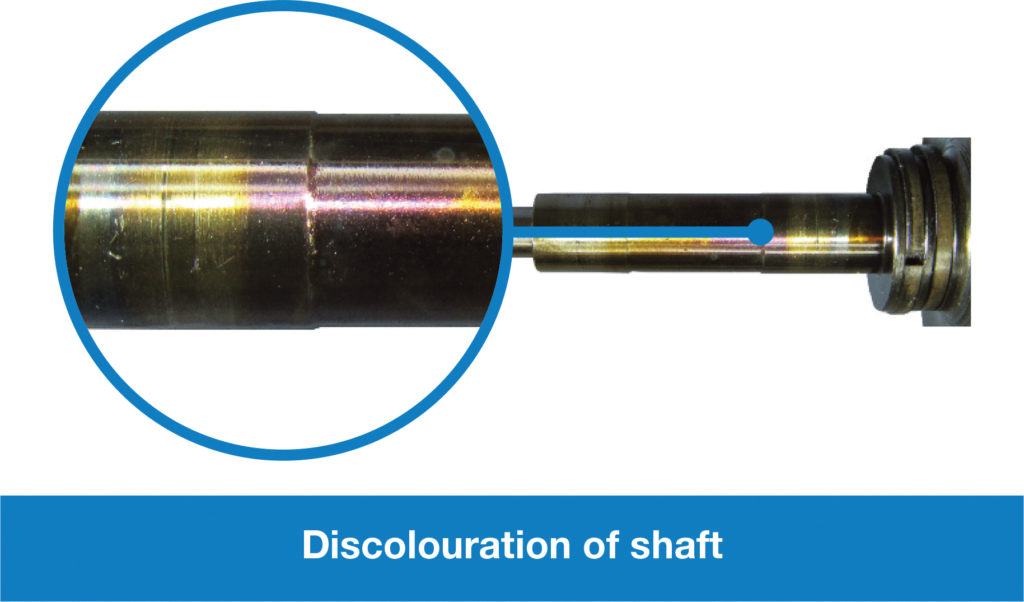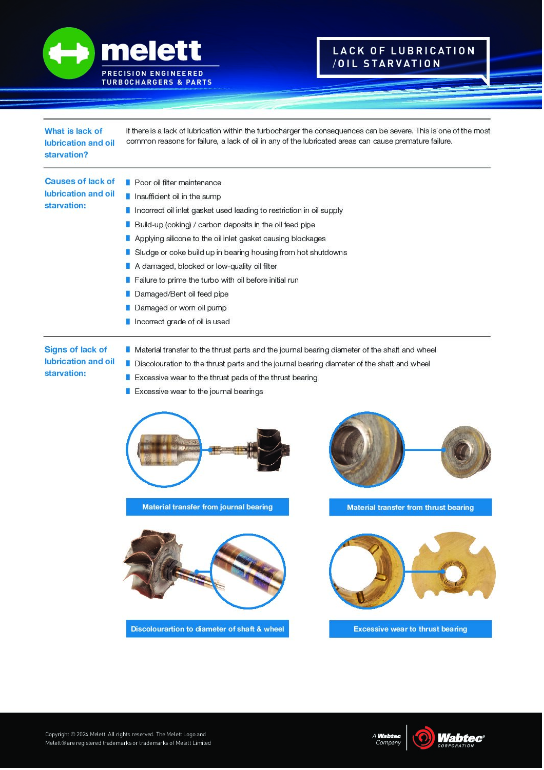Overheating
What is overheating?
“Overheating” refers to a situation in which a system or component operates at a temperature that is higher than what is considered safe or normal, which can be caused by a variety of factors such as excessive heat generation, inadequate cooling, or both.
Causes of overheating:
- Engine “hot shut downs” – When an engine is shut down while still hot, the high temperatures inside the engine can cause heat to build up in certain components, such as the turbocharger or exhaust system. This can cause damage to these components over time and can potentially lead to premature failure./li>
- DPF issues, such as regeneration, resulting in increased exhaust gas pressure and temperatures which leads to overheating of the turbine side of the turbocharger. If the DPF becomes clogged or fails to regenerate properly, the exhaust backpressure can build up, which can cause a variety of issues such as reduced engine performance, increased fuel consumption and turbocharger damage.
- Modifications of the engine performance like remapping, chipping or over-fueling.
Downloads
Signs of overheating:
- Discolouration at the hot end of the turbine wheel, spreading along journal bearing area
- “Heat soak” from the turbine side of the turbocharger through to the compressor side, causing discolouration to the turbine shaft and bearing housing
- Discolouration of internal components including thrust washer and flinger; occasionally without evidence of wear
- Collapse (loss of tension) to turbine end piston ring
- Carbon build up in the oil feeds and piston ring area
- Abnormal, excess wear to turbine end piston ring and groove
- Turbine blades appearance being uniformly curved downwards
- Small sections or edges of the turbine blades being fractured/partial loss of blades


Prevention:
- Check the DPF is in good working condition and is not clogged which can cause backpressure in the exhaust system which can negatively impact turbocharger performance
- Ensure there are no leaks in the cooling lines
- Give the turbocharger time to cool, particularly after long journeys or harsh driving conditions

For further common turbo failure topics, check out our other helps guides
Common turbo failure modes create much discussion between our customers and technical department. To help identify common failures in warranty situations and to provide advice on how to prevent future failures occurring, we have created a series of help guides:
Overspeeding
Foreign Object Damage
Oil Leaks
Oil Contamination
Insufficient Lubrication
REA / SREA
For further information on this or other topics, visit www.melett.com/technical or contact our Technical team via mel_techsupport@wabtec.com



